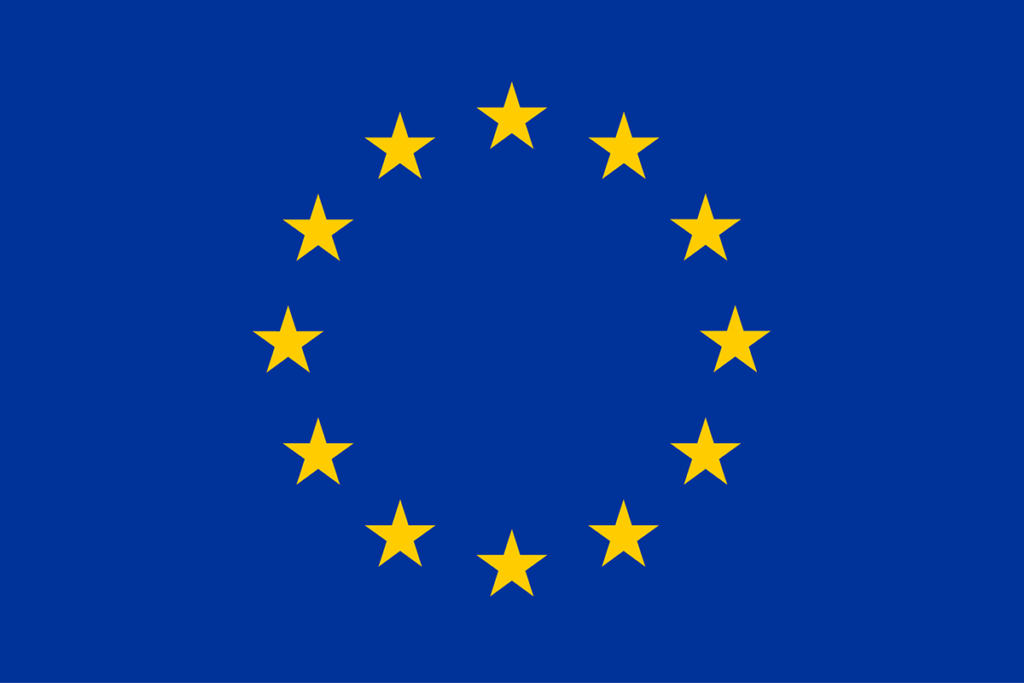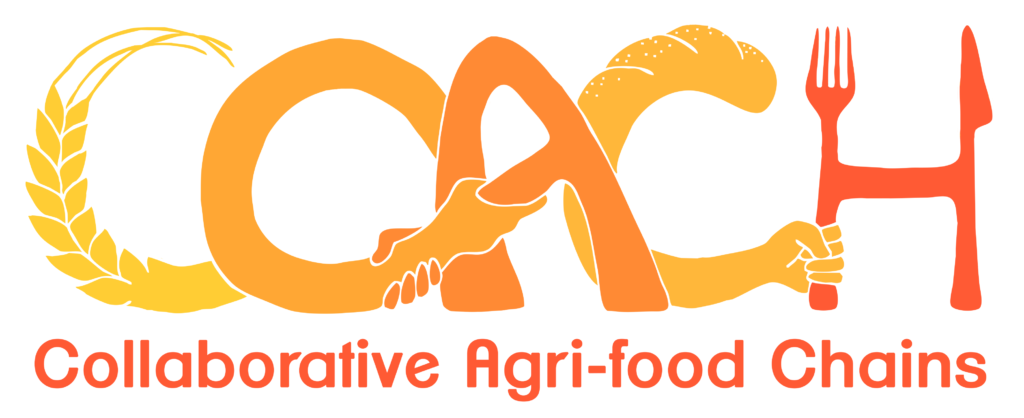Video library
The COACH project included a variety of Spotlight Resource Groups (SRGs), each focusing on a particular theme from the project. In addition to the working groups’ efforts to facilitate exchanges between Beacons, contribute meaningfully to project events, and add value to the ongoing efforts in the Work Packages, they were also responsible for producing five short thematic films emerging from their respective Resource Groups. These films were developed and produced using participatory methods, starting with original campfire events at the beginning of the project, then refined after a training on narrative and storytelling with a trainer, and ultimately completed with the work from the SRGs and the professional filmmakers and animators. Descriptions of each film and the links where they are hosted can be found below.
CSA as a LifeCOACH, a film produced and developed by filmmakers Ondrej Sovik and Martin Matej, explores the value of mentorship and apprenticeship in small-scale, agroecological farming. To resist the loss of agroecological knowledge, to combat the devastating consequences of climate change, and to inspire the next generation of farmers, CSA as a LifeCOACH showcases apprenticeship stories from Czechia and Hungary.
In the film, the audience will learn that the practical experience of farming (and not merely the theoretical understanding) is essential to a successful transition to agroecological producing. The characters also insist that apprenticeship helps to remove the rose-colored glasses some new farmers may wear, and instead helps to reflect both the reality and romance of agricultural work. Through the process of apprenticeship, new farmers will build confidence and autonomy, grow networks of like-minded producers, protect centuries of agroecological practices, and ultimately, pass on the rich tradition of small-scale farming to the next generation.
Our world is more segmented and disassociated than ever. The impact of ongoing global crises seem to pass through us, traditionally, as individuals rather than as a collective. To help outline an alternative process to our global production model, the Gasap network, developed a film on Participatory Guarantee Systems.
The loss of biodiversity and the rapid advance of climate change threatens our ecosystems and reveals the inefficiency, the fragility, and the waste of the global food system. The Participatory Guarantee System (PGS) offers a new model whereby producers and eaters come together, as stakeholders, to certify local, organic, biodiverse methods of production. Through farm visits and exchanges (both between producers and eaters, as well as between producers and producers), PGS helps to build empathy for producers struggling to earn a wage, develops and strengthens production techniques between producers, and moves toward a robust agroecological transition.
Mass distribution in the global food system is not only fragile and anti-resilient (evidenced by the recent COVID-19 pandemic), it is also helping to accelerate the critical consequences of climate change. In partnership with local producers in the UK, Tamar Grow Local developed a film showcasing an alternative distribution method – the Good Food Loop.
The Good Food Loop relies on an online farmer’s market where a variety of producers in the UK can sell their products to a wider consumer base as well as to producers seeking to diversify their offerings. The Good Food Loop helps small-scale producers reach that critical mass of eaters and consumers that will sustain their businesses. Additionally, the Loop model drastically reduces the number of transport vehicles on the road by organizing distribution into one or two vans. This saves producers time in delivery, saves costs in transport, and more important helps reduce emissions. The Good Food Loop brings practical value, but also richer connection and exchange between like-minded producers and eaters, and helps to generate more communication and closeness between producers striving for an transformation of the global food system.
Waste in the traditional global food supply chain is staggering – by some estimates, up to a third of the food produced ends up as waste, going uneaten, unused, uncomposted, and left to rot. The many operators at De la Ferme au Quartier strive to offer an alternative, small-scale model that provides good, local food with zero waste.
De la Ferme au Quartier is a collection of 110 co-operators, all of whom have voting power in decision-making, who bring their products to eaters, local businesses, colleges, and hospitals. Food that would otherwise go to waste in the traditional model is put to use within De la Ferme au Quartier – unused food is either put straight into ready-made, hot meals or composted and delivered as soil enrichment to local producers. The co-operators believe that one, we must first feed the soil before we feed our products, and two, that eating, acting, and producing locally is an active of activism.
The supply chain as a concept has only become familiar in recent years due to global problems. Yet supply chains and the structures that constitute them are a fundamental determinant of the economic, social and environmental situation of our communities.
Supply chains are not natural phenomena. They are human-created systems, and we finance the supply chains that make up that supply system. We know how long supply chains affect the environment, the local economy, people’s incomes, and opportunities for rural life.
Perhaps it is time that we as responsible people start to strengthen our local food systems.
We can do this as consumers, because it is our spending that determines what type of supply chain is strengthened. We can also play a more active role in strengthening the local, environmentally responsible economy. By shopping locally and banding together with others who care about the local economy, we can begin to make short food supply chains as crucial component of territorial food systems.

Funded by the European Union, the COACH project is about recognizing the diversity of actors and voices in the food system. This means the views and opinions may not represent every member of the Coach consortium, the European Union or European Commission, but we hope it starts the conversation. Neither the European Union or the European Commission can be held responsible for them.
COACH has received funding from the European Union’s Horizon 2020 research and innovation programme under grant agreement No 101000918
